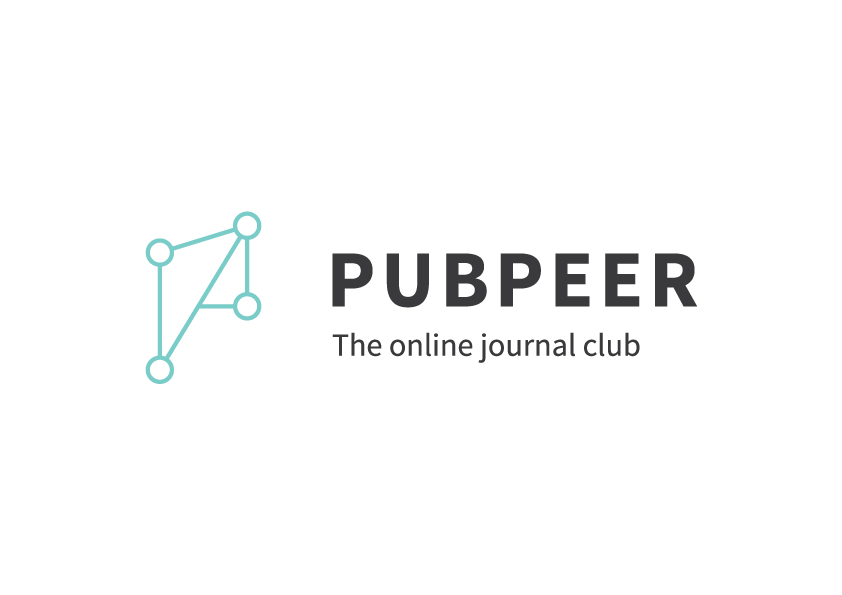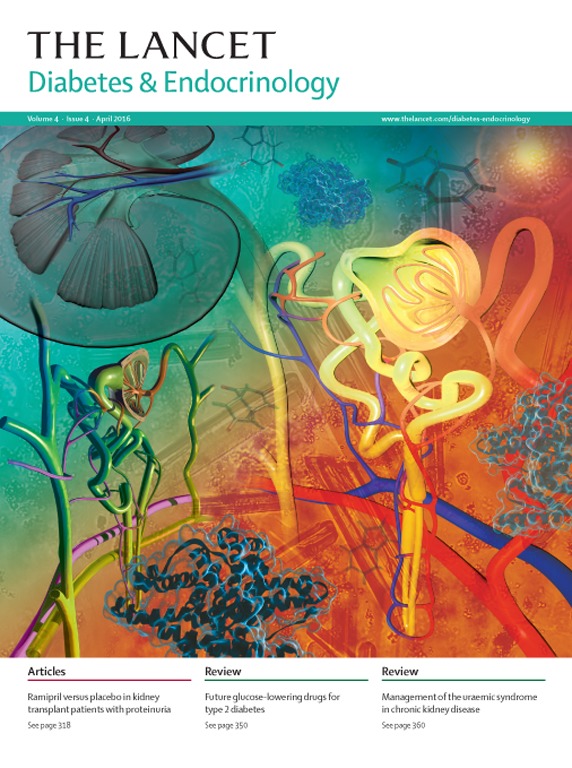
You’ve worked hard on your research, spent time writing it up, and finally, the good news comes: The journal you submitted to has accepted your paper. Trouble is, for multiple authors, that good news turns bad — the acceptance was fake. Recently, in Scholarly Kitchen, Angela Cochran, Associate Publisher, American Society of Civil Engineers (ASCE), revealed a disturbing new trend in predatory publishing: Intermediaries who promise to help researchers get their findings published, but instead pocket the fees. We spoke with Cochran about her experience with this new type of forgery, and how she thinks publishers (and authors) can fight back.
Retraction Watch: It seems like a fairly elaborate ruse to get someone to believe a journal has accepted their paper when it hasn’t. How do you suspect the process works?
Continue reading Congrats! Your paper was accepted. (Except if the acceptance letter was forged.)

 Not everyone is happy with journals these days — researchers in artificial intelligence have announced they were
Not everyone is happy with journals these days — researchers in artificial intelligence have announced they were  Six months ago, the media was ablaze with the findings of a new paper, showing that nearly six percent of cancer cases are caused, at least in part, by obesity and diabetes. But this week, the journal retracted that paper — and replaced it with a revised version.
Six months ago, the media was ablaze with the findings of a new paper, showing that nearly six percent of cancer cases are caused, at least in part, by obesity and diabetes. But this week, the journal retracted that paper — and replaced it with a revised version. Is running a journal becoming too much of a drag? Just get help from a new organization that is trying to make an offer that journals can’t refuse.
Is running a journal becoming too much of a drag? Just get help from a new organization that is trying to make an offer that journals can’t refuse. Even when a paper is obviously flawed, it
Even when a paper is obviously flawed, it  The U.S. Office of Research Integrity (ORI)
The U.S. Office of Research Integrity (ORI) 
